I Cleared My Blocked Bathroom Drain in Minutes With This 'Spot On' Easy 3-Ingredient Fix From My Kitchen – No Harsh Chemicals Necessary
It's so quick, easy and won't cost you an extra cent


Design expertise in your inbox – from inspiring decorating ideas and beautiful celebrity homes to practical gardening advice and shopping round-ups.
You are now subscribed
Your newsletter sign-up was successful
Want to add more newsletters?

Twice a week
Homes&Gardens
The ultimate interior design resource from the world's leading experts - discover inspiring decorating ideas, color scheming know-how, garden inspiration and shopping expertise.

Once a week
In The Loop from Next In Design
Members of the Next in Design Circle will receive In the Loop, our weekly email filled with trade news, names to know and spotlight moments. Together we’re building a brighter design future.

Twice a week
Cucina
Whether you’re passionate about hosting exquisite dinners, experimenting with culinary trends, or perfecting your kitchen's design with timeless elegance and innovative functionality, this newsletter is here to inspire
My little en-suite bathroom is one of the things I love the most about our home. I can keep it clean easily despite the chronic pain I have; it’s convenient, and my daughter doesn’t end up leaving her toothpaste all over the sink.
However, after she was unexpectedly ill this weekend and spent a few nights in with us, the sink became blocked overnight, and a smell started coming from the drain.
As it’s a small space, I avoid using harsh cleaning chemicals wherever possible, since the odors can be overwhelming. Instead, I used natural cleaning solutions to clear my clogged sink, and it worked remarkably well in just a matter of minutes, without costing a thing.
I Cleared My Bathroom Sink Clog in Minutes Without Harsh Chemicals
What you’ll need:
- A kettle full of freshly boiled water (but don’t pour boiling water down the drain)
- Dish soap (enough for three tablespoons or good squeezes)
- Half a cup of cleaning vinegar (available in bulk at Amazon)
- A thin metal hanger or straw brush
The use of these everyday kitchen ingredients makes this clog-clearing technique simple, whatever the reason your sink won't drain, as most of us will have these items at home already.
Professional cleaner and operations manager at Spekless, Karina Toner, says, 'What’s great about this exact approach is that a good squeeze of dish soap can reach under and around spaces where hands and tools can’t, which is just perfect for tricky, tight drains.'
What I Did
First, I squeezed three squirts of dish soap, such as Dawn (available in handy bulk packs at Amazon), into and around the drain. My drain has an annoying built-in design that means the plug won’t come off, it’s static and in place, with a small gap to let water drain. It’s one of those that you push to plug and cannot be removed.
Design expertise in your inbox – from inspiring decorating ideas and beautiful celebrity homes to practical gardening advice and shopping round-ups.
The dish soap is excellent for breaking down natural materials and loosening up any grease or biological residue stuck under that plug or in the first couple of inches of the drain pipe.
Karina says, 'You are right: Dish soap is such a simple but powerful tool here because it cuts through grease and grime and starts breaking down buildup immediately. Starting with dish soap primes the drain, setting the stage for hot water and vinegar to do their job even more efficiently.'
I let that sit while I boiled the kettle. Then, I poured two cups' worth of hot (not boiling water) down the drain. This will help loosen up any natural materials or soap and scum build up, whilst avoiding boiling temperatures will preserve the integrity of your pipes.
Karina thinks this is 'spot on', adding, 'Using hot, not boiling, water is a safe way to loosen everyday buildup, while avoiding temperatures that could potentially warp or damage pipe joints. The heat from the water softens grime and grease so it can be flushed away more easily, and helps break down residues that soap alone can’t.'
I followed this with vinegar, which is a great natural deodorizer, and its acidity helped eat away at limescale, soap scum, and other common drain blockers.
Karina adds, 'In most cases, a short 5-10 minute soak is enough for vinegar to do its job. If you’re dealing with stubborn limescale or heavy residue, letting it sit a little longer or going through the routine a second time should help.'
After a couple of minutes, I followed that up with another quick pour of hot water, and I used the thin metal handle of an old straw cleaner to poke down into the drain and, using a scooping motion, pulled out any loosened debris that wouldn’t wash down. I also simultaneously jiggled our static plug left and right to loosen things up a bit. Sometimes, that tiny bit of wriggle room is all it takes to dislodge a new clog.
Karina says, 'Even with natural cleaners, sometimes you still need a little hands-on help. A mix of chemistry and a little mechanical work. Using a thin tool to scoop out loosened gunk is a great way to prevent future clogs and keep the drain flowing freely, and truly gives your drain a proper reset!'
The block turned out to be a mix of natural residue, which had been visible towards the top, and a random bit of plastic from one of my daughter’s toys. Of course!
After running the tap, the water immediately drained, and the sink's smell had also gone. As a happy side effect, the bit of limescale around the metal drain was now also cleared without any scrubbing, thanks to the vinegar working its magic.
You can also use baking soda to clean, but be aware that, contrary to popular belief, mixing it with vinegar will actually make them cancel each other out, chemically. They do create a fizzing reaction, though, so that 'bubbly cleaning' can sometimes be helpful in dislodging blocks.
Karina adds, 'It’s true that when baking soda meets vinegar, the resulting acid-base reaction neutralizes both, so you don’t actually get a long-lasting cleaner. What you do get is a short burst of fizz, which can help agitate and lift minor debris near the top of a drain. For deeper or heavier clogs, though, that fizz won’t be enough on its own.
'It still has its perks! Even if it’s not dissolving gunk, it can slightly balance out acidic residues such as leftover vinegar or toothpaste, so sprinkling some down the drain can help counteract lingering smells. This mix doesn’t "clean” in the traditional sense, but it can help maintain a neutral environment that discourages odors or buildup.'
What to Shop
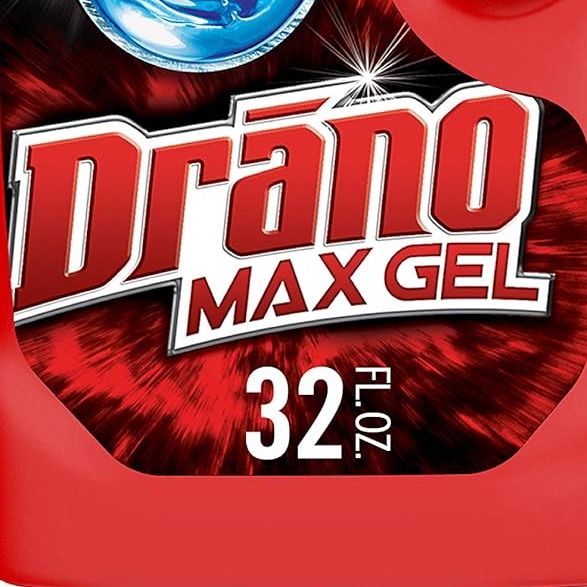
For those with less patience, there is no judgment here. I love this commercial cleaner for stubborn drain blocks and use it when the shower drain inevitably gets clogged with my hair, and I can’t (or don't want to) pull it all out.

Every house should have these, as they work like magic, and if you can overlook the few seconds of ‘ick’ factor at pulling out all the gunk, it’s a fast and efficient way of clearing the most common drain clogs.
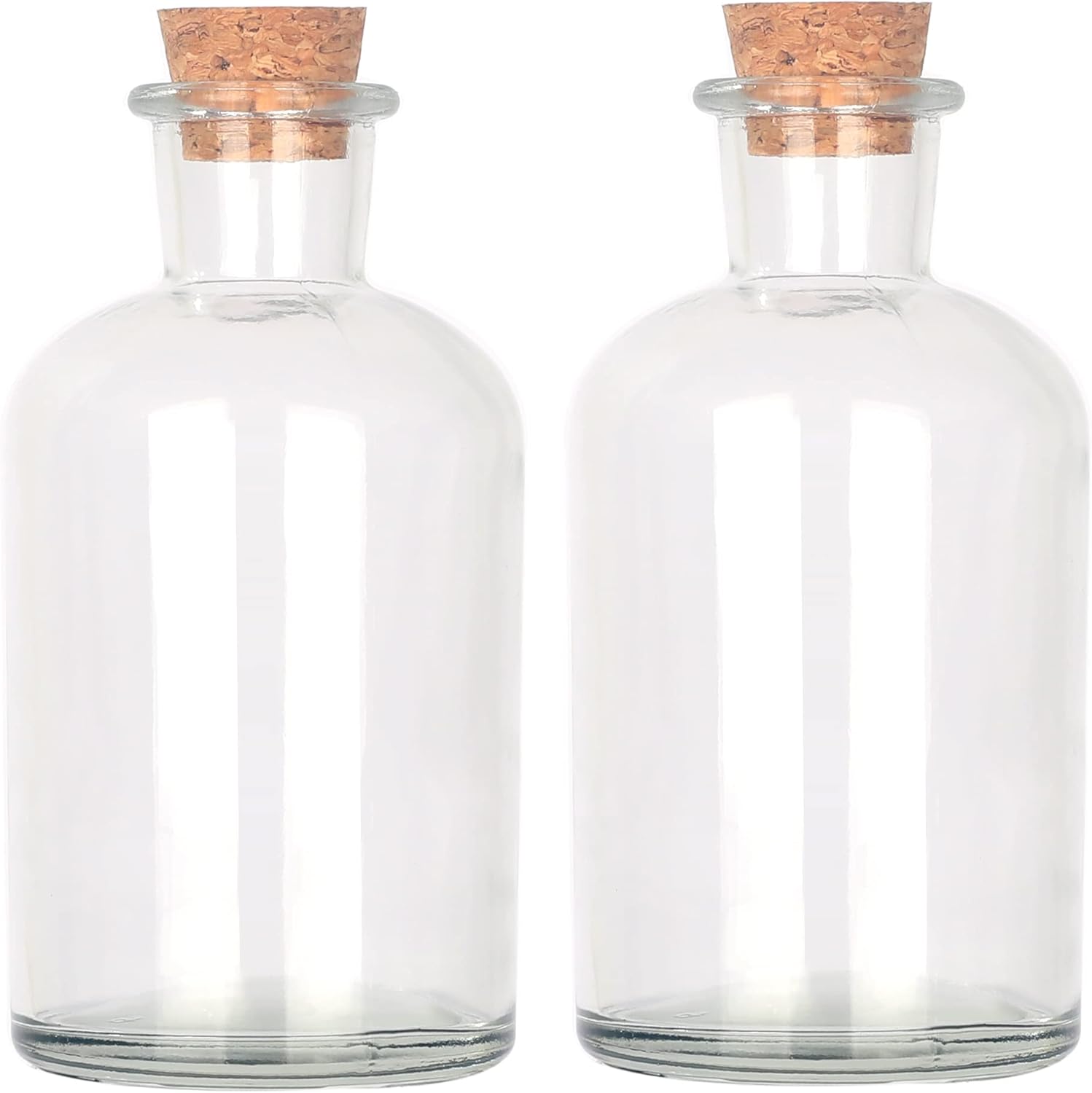
I keep a glass bottle full of vinegar with a cork lid for cleaning jobs like this. It looks lovely on my open kitchen shelving and means I don’t have to tussle with my heavy bulk buy bottle of vinegar, especially as I have pain in my hands and wrists.
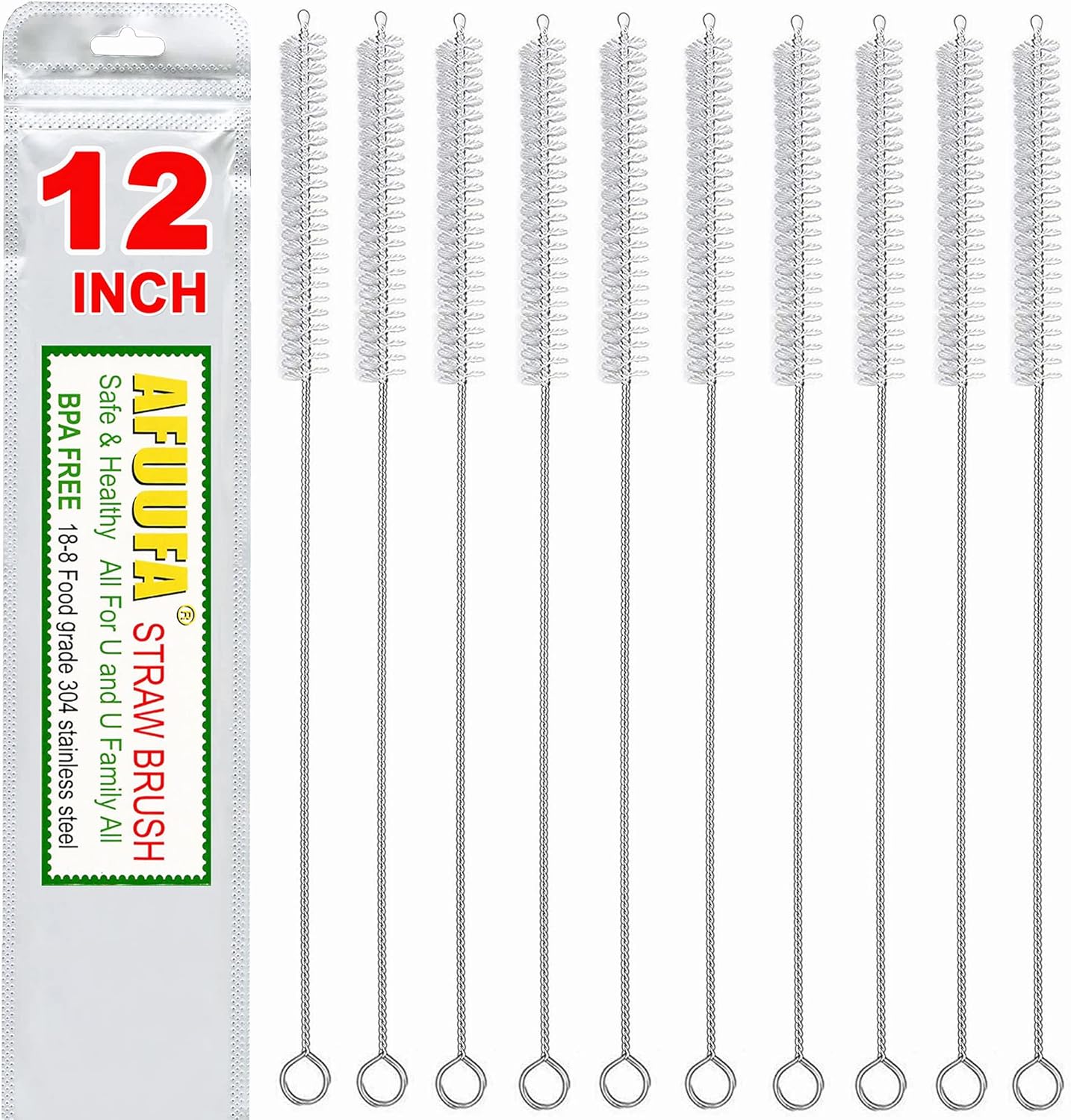
We love our Bottle Bottle leakproof bottles, which keep drinks hot or cold for 12 hours, but the straw element is impossible to clean without a straw cleaner. This also turned out to be a vital tool in clearing our blocked bathroom sink drain.
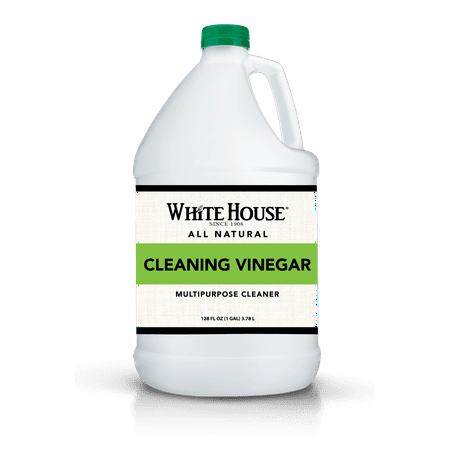
I always keep a stash of this, as there are many things you can clean with vinegar at home. It's brilliant for tackling limescale and odors, too.
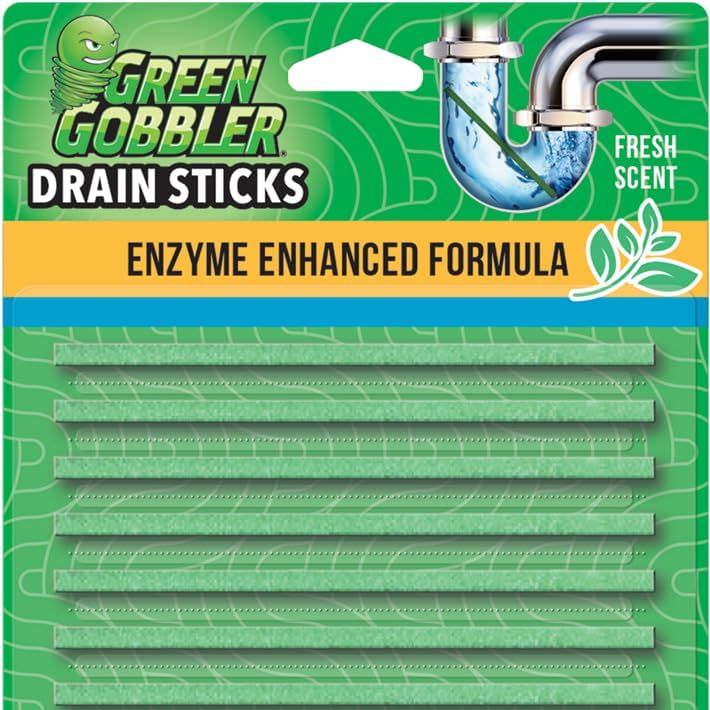
I use monthly enzyme sticks like this to keep the sinks and drains inside my home clean and clear. They're brilliant for no-fuss maintenance and will keep odors at bay.
Next, delve into the drain solutions pros swear by, and learn how to prevent gutter clogs.

Punteha was editor of Real Homes before joining Homes and Gardens. She has written and edited wellbeing, lifestyle, and consumer pieces for the national press for 17 years, working across print and digital newspapers and magazines. She’s a Sunday Times bestselling ghostwriter, former BBC Good Food columnist and founding editor of independent magazine, lacunavoices.com. Punteha loves keeping her home clean, has tested and reviewed the latest robot vacuums and video doorbells, enjoys cooking, DIY, decluttering and spending weekends improving her newly-built home. Punteha is disabled and in chronic pain, so small, paced projects that bring big impact and make her household run smoothly are her focus.